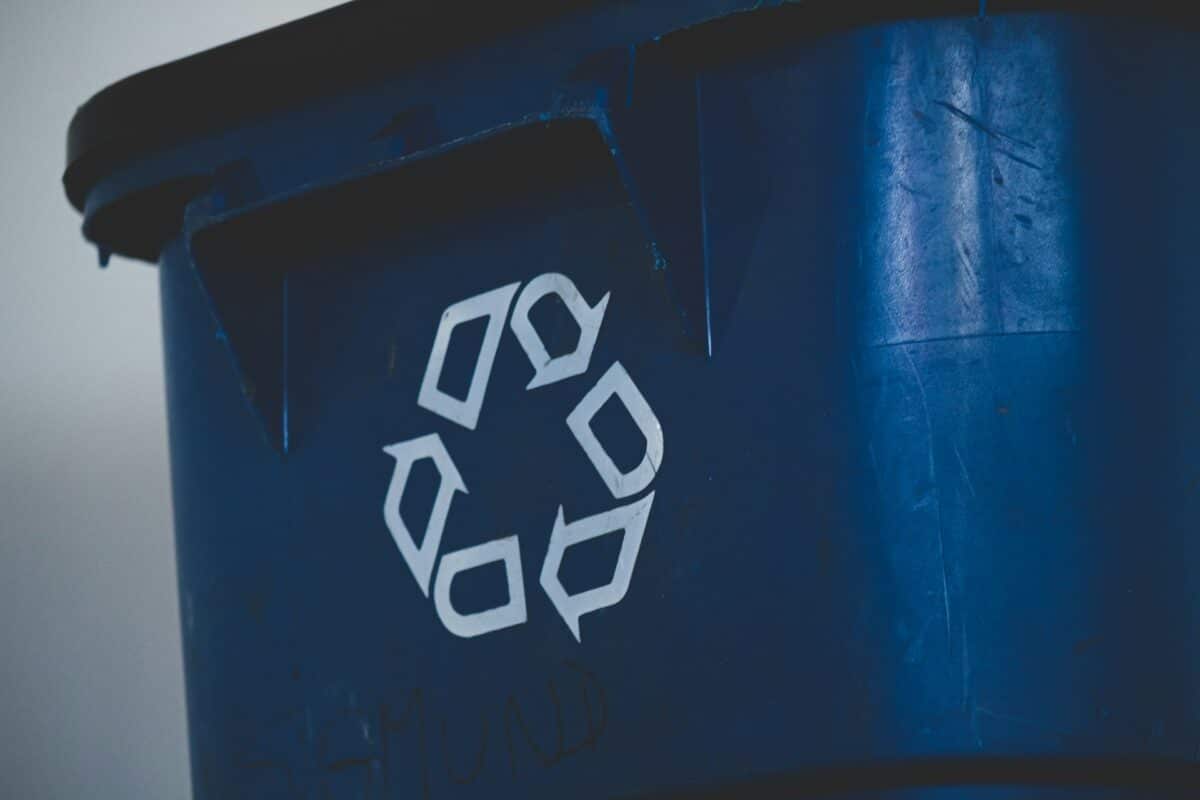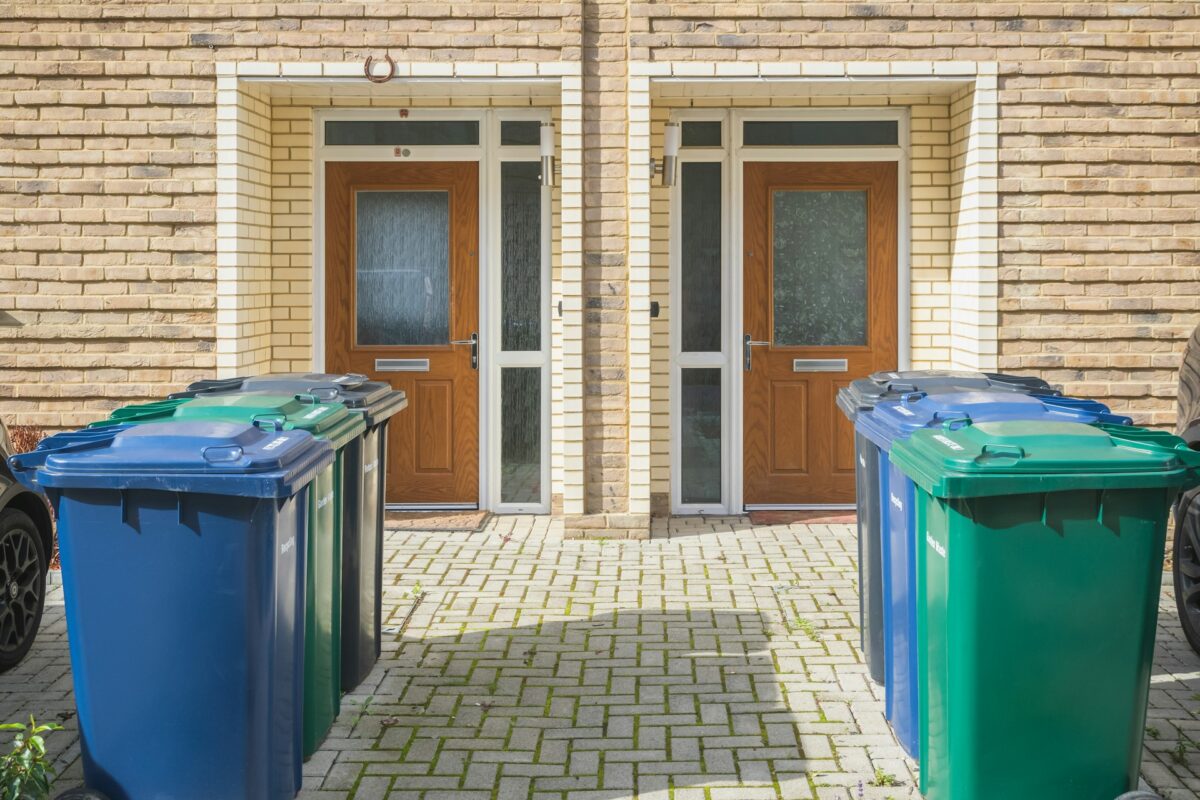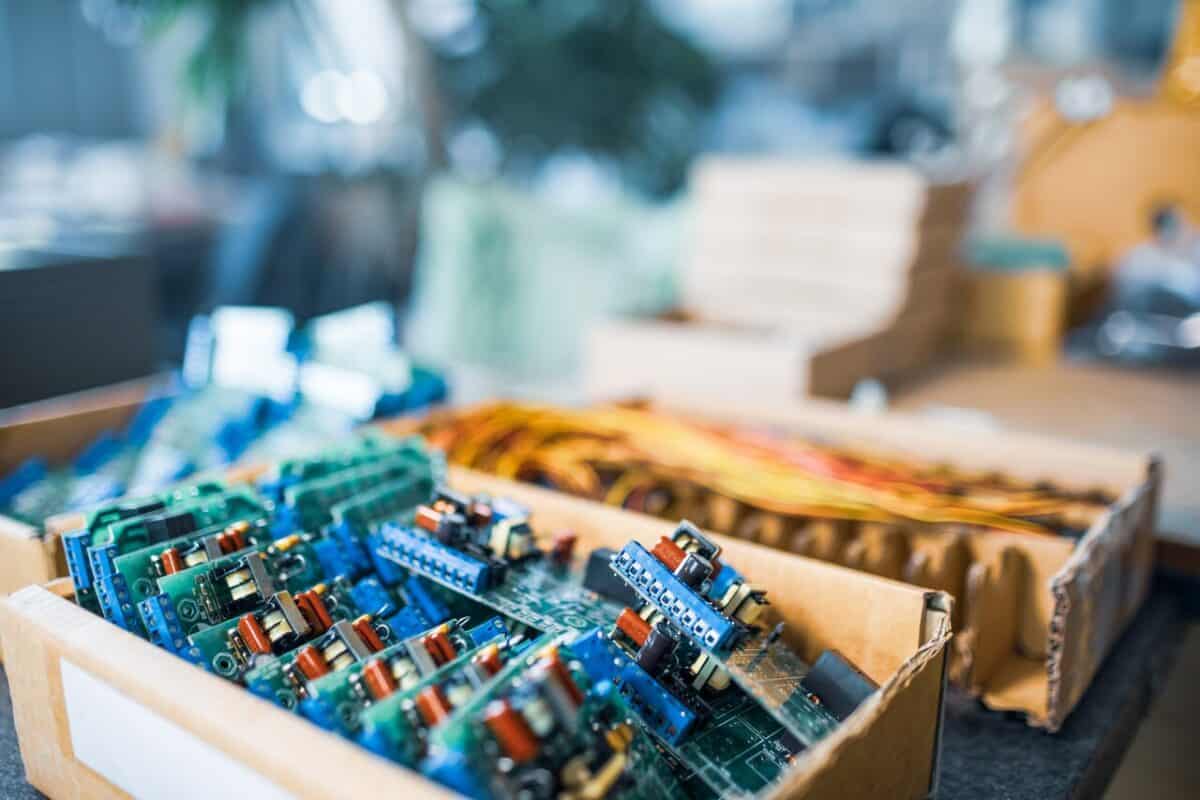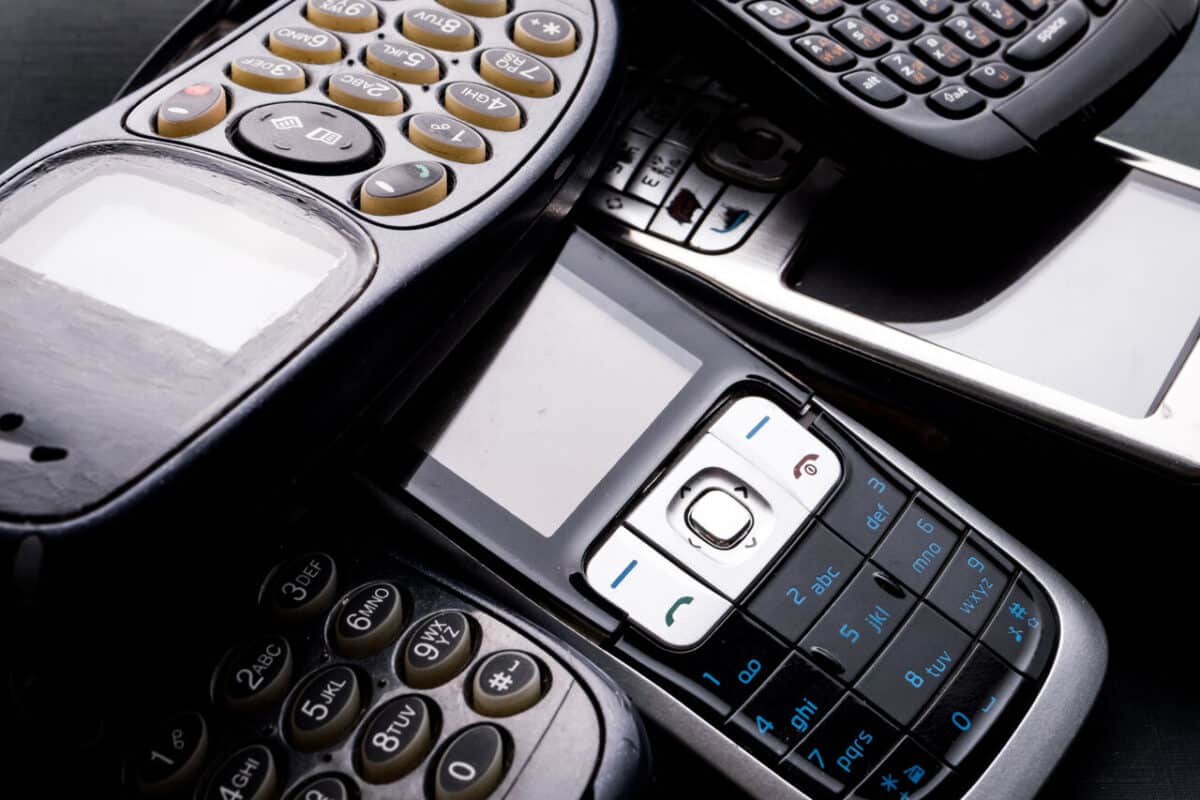Atlanta Recycling Programs: Your Top 5 Questions Answered
When it comes to recycling in Atlanta, residents and businesses may find themselves overwhelmed with questions about responsible electronics disposal and recycling practices. With a growing awareness of the environmental impact of electronic waste, it’s crucial to understand the proper procedure for recycling as well as the available options and resources.
In this FAQ-style article, we have gathered the top 5 questions about Atlanta recycling programs to answer your most pressing concerns. As an effort to empower you to make informed decisions about responsible electronic waste disposal, we will cover topics ranging from data security to recycling center locations. By equipping yourself with this knowledge, you can take a proactive and confident approach to recycling in Atlanta, minimizing electronic waste, and promoting a cleaner and healthier environment.
Question 1: What Types of Electronics Can Be Recycled in Atlanta?
Through proper recycling programs, many electronic devices can be safely and responsibly discarded in Atlanta. Some common items eligible for recycling include:
- Computers (desktops and laptops)
- Monitors
- Printers and scanners
- Smartphones and tablets
- Keyboards, mice, and other peripherals
- Small household appliances
However, it is important to note that not all recycling centers accept the same range of electronic items. To determine the acceptability of specific devices, do some research on the local recycling services, such as Green Atlanta Recycling, and review the list of accepted items.
Question 2: How Can I Ensure Data Security When Recycling Electronics?
To protect sensitive and personal information stored on electronic devices, it’s essential to follow specific steps before recycling:
1. Back Up Crucial Data: Transfer important files to external storage devices or use online cloud services.
2. Use Data Deletion Software: Programs like DBAN or Eraser overwrite stored data, ensuring it is irretrievable.
3. Remove or Destroy Storage Components: Disassemble and separately recycle parts like hard drives, solid-state drives, and memory cards containing sensitive information.
Moreover, partnering with a reputable recycling service that prioritizes data security, like Green Atlanta Recycling, helps keep your data safe during the recycling process.
Question 3: Where Can I Drop Off Electronics for Recycling in Atlanta?
A variety of recycling facilities and drop-off centers are available around Atlanta for your recycling needs. Local recycling centers, like Green Atlanta Recycling, provide comprehensive services dedicated to electronics recycling. Some retail stores also offer take-back programs where you can dispose of specific electronic items, such as smartphones.
Ensure you confirm the drop-off hours and restrictions imposed by recycling centers before attempting to dispose of electronic waste.
Question 4: Are There Fees Associated with Electronics Recycling in Atlanta?
Recycling fees depend on the type of electronic item and its handling requirements. Certain devices, like CRT monitors or appliances containing refrigerants, may carry specific fees meant to cover environmentally safe processing and disposal costs. On the other hand, numerous recycling centers accept various electronic devices for free or may provide compensation for devices with high-value components.
To avoid unexpected expenses, confirm the fees associated with recycling services, such as Green Atlanta Recycling, and if they apply to the specific items you intend to recycle.
Question 5: How Can Atlanta Businesses Properly Dispose of Electronic Waste?
Responsible electronic waste management is essential for businesses in Atlanta. Implementing better practices within the workplace can be accomplished with the following strategies:
1. Create an E-waste Policy: Develop comprehensive guidelines outlining proper disposal and recycling of electronic devices within the business.
2. Encourage Employee Involvement: Raise awareness about e-waste recycling initiatives and promote adherence to established guidelines.
3. Designate Collection Points: Organize clearly marked collection points for electronics disposal, streamlining the recycling process and encouraging participation.
In addition, collaborating with reliable recycling services, such as Green Atlanta Recycling, ensures secure, environmentally friendly disposal and data protection.
Benefits of Participating in Atlanta Electronics Recycling Programs
Recycling electronics is critical for several reasons, from conserving natural resources to keeping harmful chemicals out of landfills. By disposing of electronic waste responsibly, you help:
1. Preserve Valuable Resources: Recycling conserves finite resources like metals, which can be reused in the manufacturing of new products, reducing extraction impacts.
2. Reduce Hazardous Waste: Electronics contain hazardous materials, such as lead or mercury, which can contaminate the environment if disposed of improperly. Recycling helps manage and process these materials safely.
3. Protect Data Security: Responsibly recycling electronics minimizes the risk of unauthorized access to personal information.
By participating in recycling programs and promoting them within the community, you contribute to a cleaner, greener Atlanta.
Staying Up-To-Date with Recycling Best Practices
Keeping yourself informed about updates and changes to recycling guidelines and industry practices is essential for continued commitment to responsible e-waste management in Atlanta. By monitoring relevant news, regulation updates, and guidelines, you ensure that your recycling habits align with current best practices and local requirements.
Powering the Green Future of Atlanta with Responsible Electronics Recycling
Understanding the intricacies of Atlanta’s recycling programs allows you to make informed decisions about responsible electronics disposal. By addressing the most common concerns and questions, we aim to empower both residents and businesses to recycle with confidence, prioritizing both environmental sustainability and information security.
As a reliable partner in electronics recycling, Green Atlanta Recycling assists and supports the Atlanta community with their eco-friendly recycling needs while ensuring proper data security measures are in place. By being environmentally and socially responsible, we can together drive the green future of Atlanta and create lasting change for our city. Begin your responsible and secure recycling journey today and explore our comprehensive recycling services suitable for individuals and businesses. Schedule a pickup or drop off your electronics, and take a step closer to making a positive impact on Atlanta’s environment and community alike!









